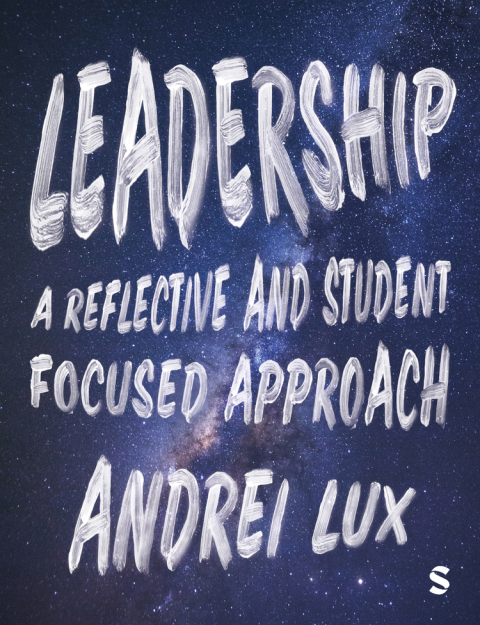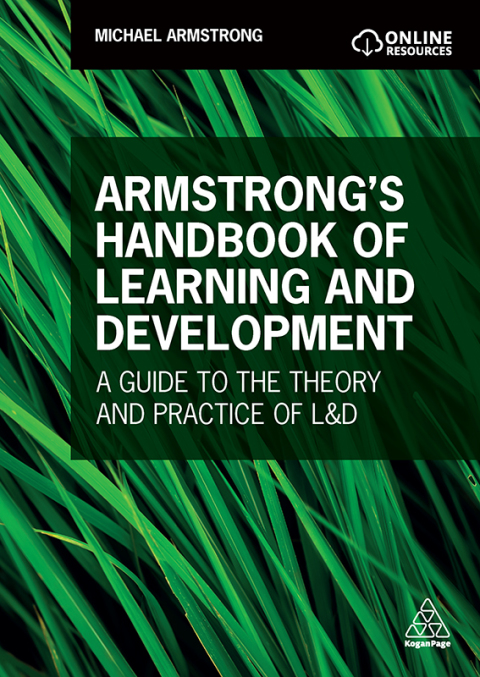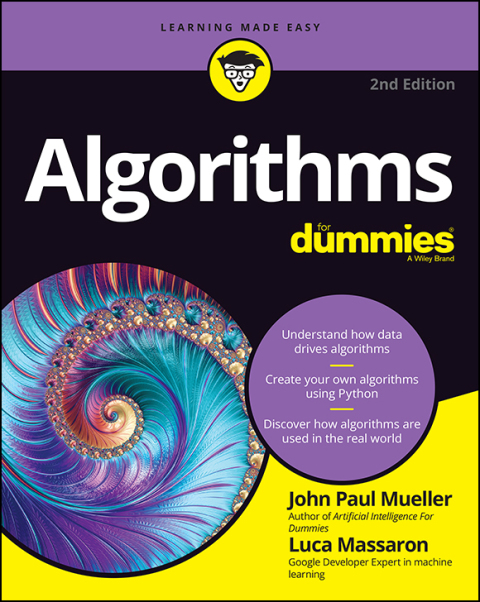Description
Efnisyfirlit
- Online Resources
- 1 Introduction to Leadership
- Overview
- So, what is leadership anyway?
- What is leadership to you?
- Share your ideas, learn about others’
- Where did you get these ideas?
- Are leaders born special?
- Finding your own way
- Personal reflection
- Everyday leadership
- What leadership isn’t
- Leadership vs management
- Doing both jobs well
- Over-managed and under-led
- Evolution of leadership
- Defining leadership
- Academic definitions
- Current leadership definition
- What is influence?
- Inspiring others
- Summary
- References
- 2 Global Leadership Context
- Overview
- Revolutionary change
- Geopolitical conflicts
- Technological advancements
- Social movements
- Volatile, uncertain, complex, and ambiguous
- Contemporary leadership challenges
- It’s happening now, in real time
- Increasingly international
- Cross-cultural collaboration
- Accountability and intolerance
- Inversion of expertise
- Flexible and remote work
- Advantages
- Disadvantages
- So is flexible work good, or bad?
- Leadership challenges
- Traditional leadership challenges
- Overcoming leadership challenges
- Megatrends
- Developed nations
- Developing nations
- Economic dominance
- Urbanisation
- Fourth Industrial Revolution
- Future leaders
- Summary
- References
- 3 Personality, Traits, and Psychopathy
- Overview
- Psychology
- Your unique traits and personality
- Personality profiling
- Where did my personality come from?
- Hereditary genetics – 45%
- Childhood environment – 15%
- Your choices – 40%
- Context matters
- The Big Five
- Extroversion
- Agreeableness
- Emotional stability
- Conscientiousness
- Openness
- There’s no good or bad, it’s about fit
- Personalities and leadership
- Guide your development
- Understand your followers
- Cognitive style
- Carl Jung
- Myers–Briggs Type Indicator
- Limitations of the MBTI
- Commercially motivated pseudoscience
- The Dark Triad
- Means, motive, and opportunity
- Leadership is the long game
- Summary
- References
- 4 Situational, Servant, and Authentic Leadership
- Overview
- Leadership behaviour
- Task focused
- Relationship focused
- What’s more important?
- Situational leadership
- Contingency model
- Leadership style
- Situational control
- Leadership fit for context
- Situational leadership theory
- Four leadership styles
- Academic background
- Advantages and challenges
- Situational leadership overview
- Servant leadership
- Six dimensions
- Creating long-term value
- It comes back to why you lead
- Challenges that remain
- Authentic leadership
- Four dimensions
- Your journey inspires others
- Ongoing controversy
- Summary
- References
- 5 Charismatic and Transformational Leadership
- Overview
- Charisma
- Charismatic leadership
- Emotional basis
- Signalling
- Stable appearance
- Personality traits
- Behaviour
- Sources of charisma
- Sending charismatic signals
- Nonverbal charismatic signals
- Context
- Outcomes
- Amorality
- Transformational leadership
- Transformational vs transactional
- Four dimensions
- Charismatic and transformational?
- How are followers changed?
- Challenges that remain
- Summary
- References
- 6 Culture, Diversity, and Inclusive Leadership
- Overview
- Growing complexity
- Culture
- Cultural values
- Leadership perceptions
- Six layers of values
- Stereotypes and myths
- Hall
- High- vs low-context
- Monochronic vs polychronic
- Hofstede
- Individualism vs collectivism
- Power distance
- Masculinity vs femininity
- Uncertainty avoidance
- Long- vs short-term orientation
- Trompenaars and Hampden-Turner
- Universalism vs particularism
- Neutral vs emotional
- Specific vs diffuse
- Achievement vs ascription
- Cultural profiles
- Containers of culture
- Cultural cognition
- Analytic vs holistic thought
- Diversity and inclusion
- Multiculturalism in organisations
- Inclusive leadership
- Five dimensions
- Belongingness
- Uniqueness
- Everyone can contribute
- Challenges in practice
- Summary
- References
- 7 Values, Integrity, and Ethical Leadership
- Overview
- Values
- Instrumental and terminal
- Where values come from
- Discover your values
- Self-accepting leaders
- Ethics
- Hedonism, stoicism, and other -isms
- Moral principles
- Unethical behaviour
- Ethical climate
- Integrity
- Conflicts of responsibility
- Ethical dilemmas
- Human resources
- Conflicts of interest
- Organisational resources
- Balancing act
- Pressure changes everything
- Why bother? Isn’t it hard enough
- Followers’ commitment
- Positive leadership
- Ethical leadership
- Dual responsibilities
- Four dimensions
- Effects on followers and performance
- Challenges that remain
- Your perfect life
- Summary
- References
- 8 Self-Awareness and Leadership Development
- Overview
- Self-awareness
- Self-concept
- Self-knowledge
- Self-aware leadership
- Reflective learning
- Double-loop learning
- Single-loop learning
- Double-loop learning
- Learning from setbacks
- Reflective journal
- Event
- Reaction
- Reflection
- Realisation
- Reflection-in-action
- Personal mastery
- Personal vision
- Current reality
- Creative tension
- Self-limiting beliefs
- Leading with mastery
- Leadership development
- Summary
- References
- 9 Power, Influence, and Communication
- Overview
- Power
- Positional sources of power
- Coercive
- Legitimate
- Reward
- Information
- Connection
- Personal sources of power
- Expert
- Referent
- Using power appropriately
- Workplace bullying
- Influence
- Traditional influence tactics
- Rational persuasion
- Consultation
- Inspirational appeal
- Collaboration
- Apprising
- Ingratiation
- Personal appeal
- Exchange
- Legitimising
- Pressure
- Coalition
- Psychological empowerment
- Meaning
- Competence
- Self-determination
- Impact
- Motivation at work
- Communication
- Written and oral
- Non-verbal
- Active listening
- Summary
- References
- 10 Practical Leadership Skills
- Overview
- Critical thinking
- Identifying
- Analysing
- Reflecting
- Evaluating
- Reasoning
- Decision-making
- DECIDE model
- Maximising vs satisficing
- Cognitive biases
- Confirmation bias
- Groupthink
- Attribution asymmetry
- Sunk cost fallacy
- Goal setting
- Stress
- Pressure vs performance
- Managing stress
- Emotional intelligence
- Perceiving emotions
- Using your emotions
- Understanding emotions
- Managing emotions
- Positive psychology
- The happy secret
- Power of storytelling
- Summary
- References
- 11 Leading Teams and Managing Conflict
- Overview
- Groups vs teams
- Types of teams
- Functional
- Cross-functional
- Self-managed
- Global or virtual
- Team development
- Forming
- Storming
- Norming
- Performing
- Shifting responsibilities
- Team vital signs
- Teams in decline
- Teams progressing
- Every team is different
- Types of conflict
- Constructive conflict
- Destructive conflict
- Active vs passive conflict
- Constructive conflict: active vs passive
- Destructive conflict: active vs passive
- Conflict resolution
- Five resolution styles
- Assertive vs cooperative
- When to use each style
- Competing
- Avoiding
- Accommodating
- Compromising
- Collaborating
- Summary
- References
- 12 Leading People through Change
- Overview
- What is change?
- Why do organisations need to change?
- Four types of organisational change
- Process
- Functional or structural
- Cultural
- Distribution of power
- Change models
- Kurt Lewin
- Driving forces
- Restraining forces
- Enabling change
- Three phase process
- Lewin’s force-field analysis
- John Kotter
- Eight stage process
- Organisational change
- Beware generic solutions
- Thinking it through
- Crafting smart plans
- Purpose
- Objectives
- People
- Resources
- Timeframes
- Leading change
- Personal change
- Change vs transition
- Transition cycle model
- Denial
- Resistance
- Exploration
- Commitment
- Transition cycle
- Resistance to change
- Why do people resist change?
- What does resistance look like?
- Defensive thinking
- Resistant behaviour
- Emotional resistance
- Leaders can resist change too
- Responding to resistance
- Empathy
- Communication
- Participation
- Safety climate
- Summary
- References
- Author’s Note
- Biography
- Index






